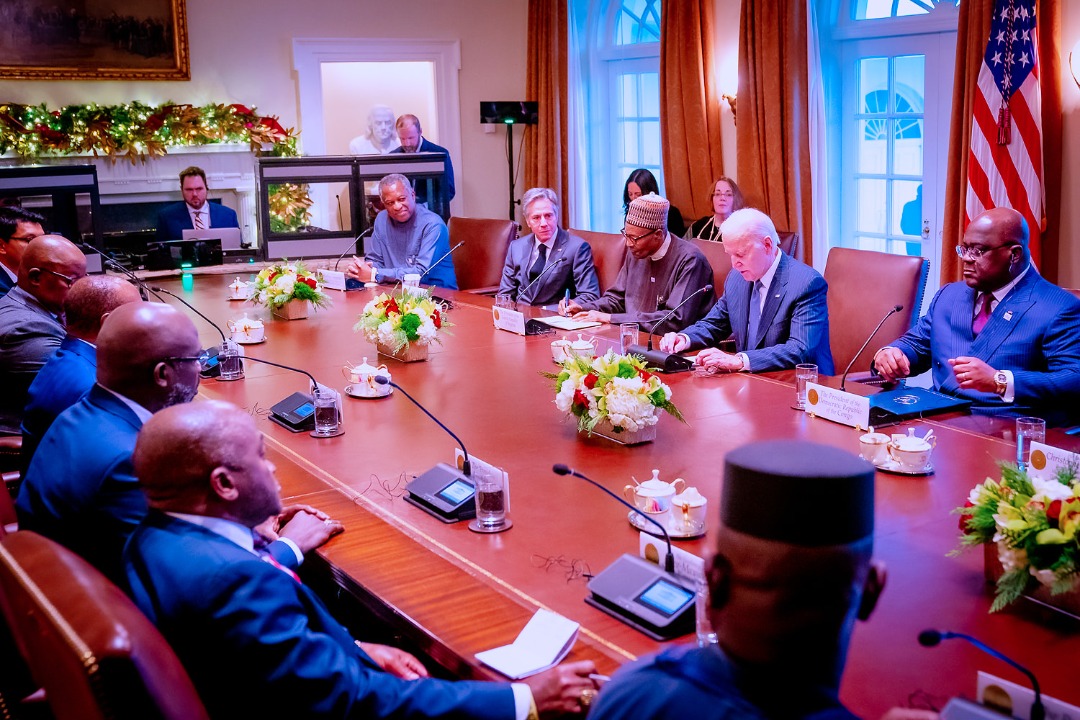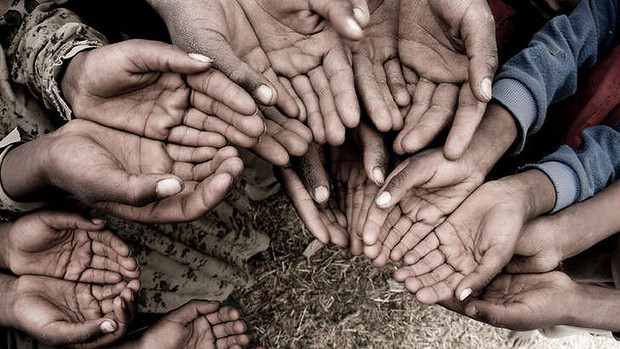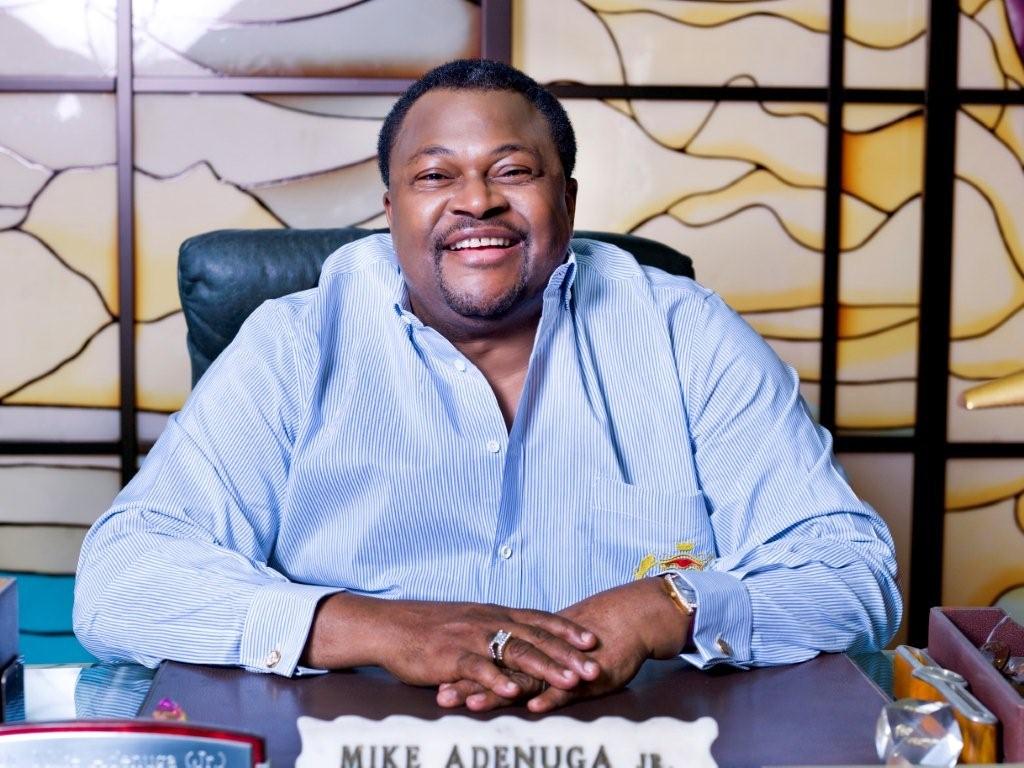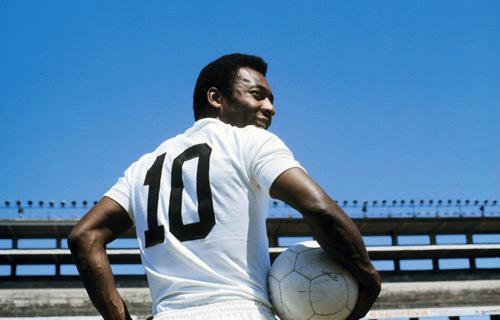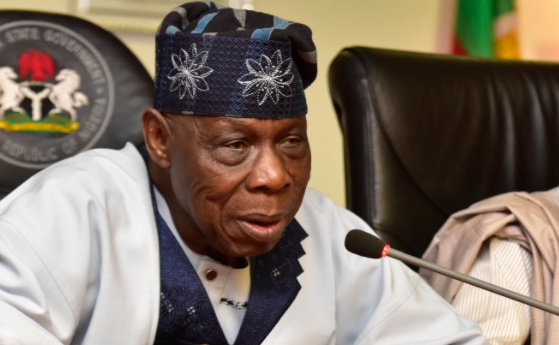BY TONY ADEMILUYI
The words of the legendary Osagyefo Kwame Nkrumah in his Independence Day speech on March 6, 1957 ring true today. He told the world that political independence was meaningless without economic liberty.
The independence leaders — from Nkrumah who was arguably the continent’s greatest Pan-Africanist as the African Union and then Organization for African Unity was largely his brainchild –, his mentor, Nnamdi Azikiwe, Kenneth Kaunda, Madiba Nelson Mandela, Jomo Kenyatta, etc, all jointly failed in one regard – they focused all their energy on the battle to liberate Africa politically from their caucasian overlords but failed to draw up a roadmap to free the continent from the economic grip of the West.
This lack of vision is what is playing out today as neo-colonialism or imperialism and has haunted the continent like the sword of Damocles from the heady days of the decolonisation struggles of the 1960s till date like a terrible dream that will even startle Rip Van Winkle.
Advertisement
That the United States is the world’s most powerful nation isn’t in doubt as its position has been cemented in global affairs since the end of the Second World War in 1945 after leading the Allied Forces ably backed by the UK, and the then USSR under the leadership of first Franklin Delano Roosevelt and later Harry Truman.
The US-Africa Summit was first held in 2014 under the Presidency of Barack Obama – himself an African as his late father hailed from Kenya. At the inaugural summit, the key issue raised and discussed was the need to ensure that Africa had greater access to power as it was scandalous that about 85% of the residents in the world’s poorest continent lacked any access to electricity.
The initial phase of the project aimed to add “more than 10,000MW of cleaner, more efficient electricity generation capacity targeted to increase electricity access to at least 20 million new households” to its ultimate destination of adding 30,000MW of cleaning electricity and increasing access to 60 million new connections designed to be invested with about $7bn got nowhere. Six countries – Ethiopia, Ghana, Kenya, Liberia, Nigeria, and Tanzania – were lined up for the phase ending in 2018.
Advertisement
Prosper Africa, another initiative launched in 2018 under the presidency of Donald Trump, was designed to greatly increase two-way trade and investment between the United States and Africa. By the end of 2021, prior to the second Washington Summit, it delivered a paltry two-way trade of just $64bn, less than one percent of US total global trade.
The African Growth and Opportunity Act passed at the turn of the century, renewed in 2015, and due to expire in 2025 – less than four years from now — has added little or no momentum at all to US-Africa economic exchanges. The US-Africa Leaders Summit just concluded in Washington was not short of lofty rhetoric and reminiscent of the oeuvre of Prof. Ola Rotimi’s ‘Holding Talks’. President Joe Biden told his guests, “we are all in on Africa’s future,” and followed with the announcement of $55bn in commitments. However, Biden underscored that only $15bn is a new commitment, which translates that the bulk of the headlined $55bn comes from initiatives that have already been announced in the past fora.
The quip of the late Afrobeat maestro, Fela Anikulapo-Kuti, is critically worth reflecting upon — ‘dem don release you but you never release yourself’.
Why do African leaders run to Washington DC and other capitals of the G7 as if the solutions of the continent lie there? Why do these so-called summits ‘aimed’ at alleviating the plight of the man on the Clapham omnibus in Africa always have to take place in Uncle Sam?
Advertisement
When will these short-sighted and avaricious African leaders ever learn that what drives America is her interests and nothing more? There is really no love for Africa and all these ‘talk shops’ are just an opportunity to cut more deals for the US as Africa will never be seen as an equal trading or business partner. What drives international relations is interest and Africa’s economic interest is sadly never really factored into the equation. How have all these summits put food on the tables of the African hoi polloi in Lagos, Abuja, Accra, Nairobi, Johannesburg, Cairo, Abidjan, Dakar, etc?
Singapore didn’t rise from a third-world to a first-world nation on the back of frequent attendances at American summits. The rise of China which saw about 800 million people lifted out of poverty wasn’t achieved by any American summit. Brazil under the visionary leadership of Lula Da Silva lifted about 400 million people out of poverty without the Latin American country outsourcing its thinking cap to Washington DC.
In 1997 at the height of the Asian financial crisis, the western media regularly pilloried Malaysia’s Mahathir Mohammed for not taking a loan from the IMF with its usual back-breaking conditionalities. At the end of the day, Malaysia was stronger for it, and the same media was forced to eat the humble pie by acknowledging not only his economic genius but his rare show of courage in standing up to them.
Africa desperately needs patriotic leaders that can best serve the interest of this continent and not apologists of the liberal west.
Advertisement
Civil society must rise up and call for a total boycott of these invitations which are paternalistic and nauseatingly patronising in the way and manner reminiscent of how high school principals summoned students for the ritual called morning assemblies.
African leaders must develop autochthonous economic policies according to the real needs of our economies developed by patriotic African public-spirited intellectuals and not some imperialist economists and petty bourgeoisie scholars — apologies to Honourable Patrick Obahiagbon — still tragically calling the shots at the behest of their overlords in Washington DC and neo-colonial London.
Advertisement
We need more Thomas Sankara clones albeit in democratic garbs in Africa.
Enough of these unproductive talk shops.
Advertisement
Tony Ademiluyi is a Lagos-based journalist and writer. He is the chief editorial curator of The Cradle Life Forum – an Afrocentric conservative forum. He can be reached at [email protected] and +2348167677075.
Advertisement
Views expressed by contributors are strictly personal and not of TheCable.
Add a comment
